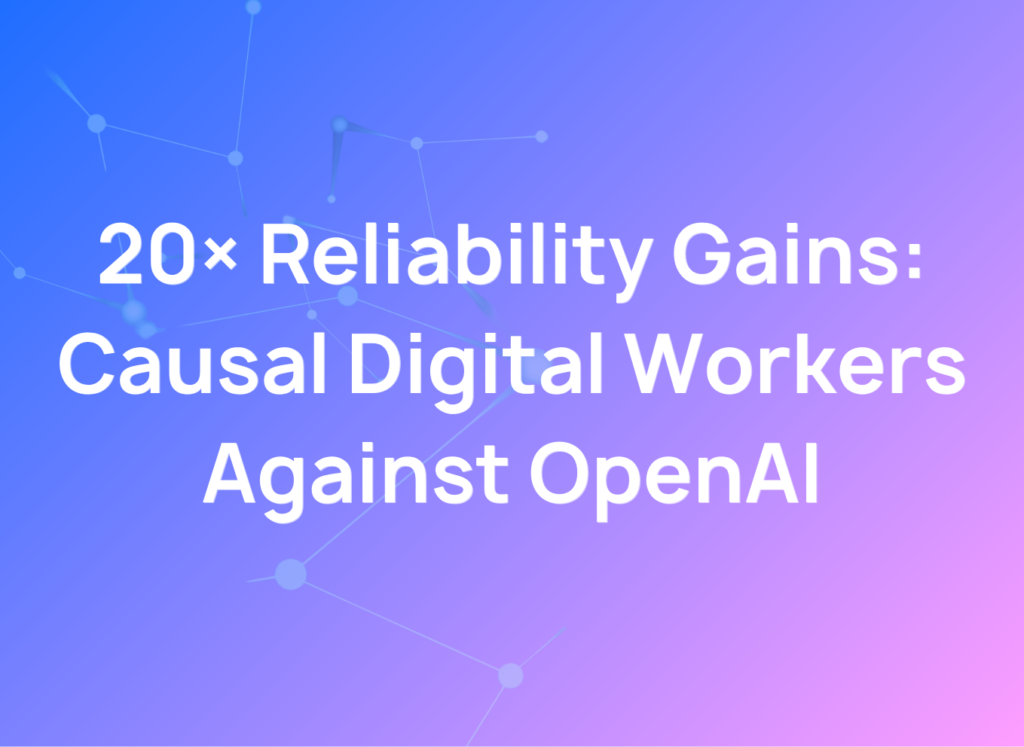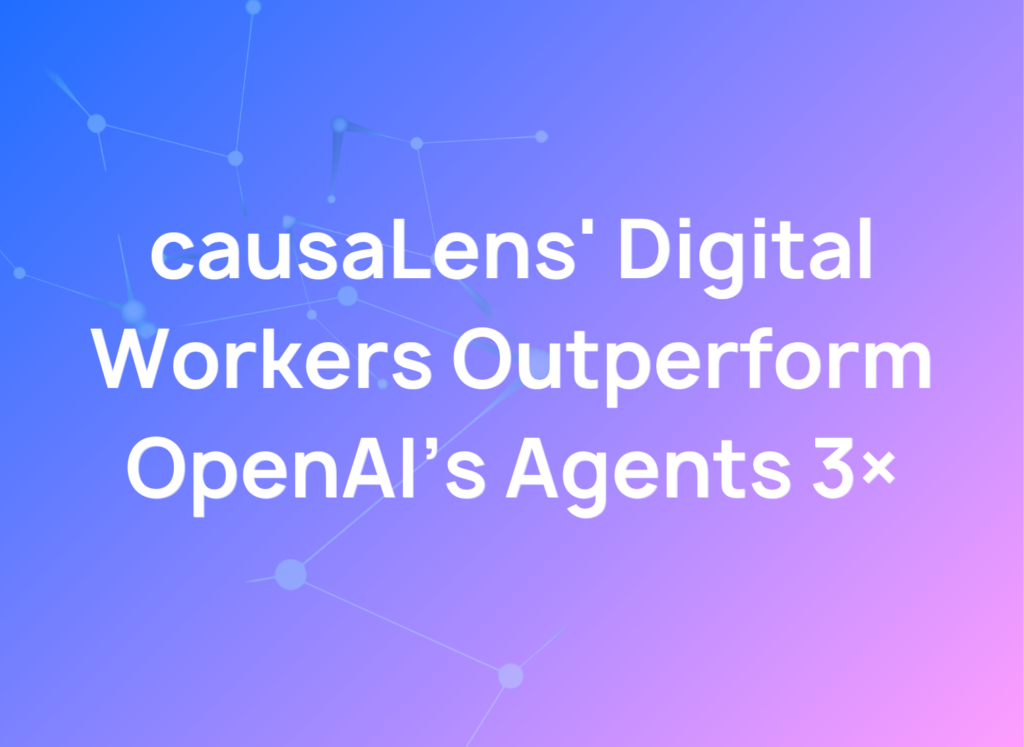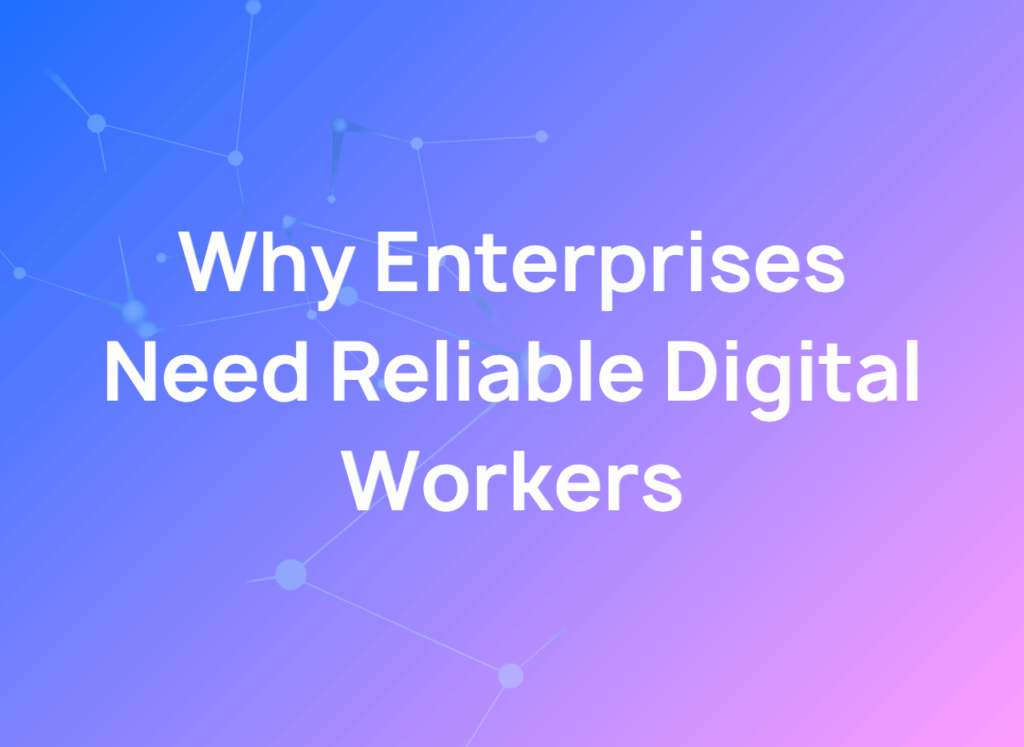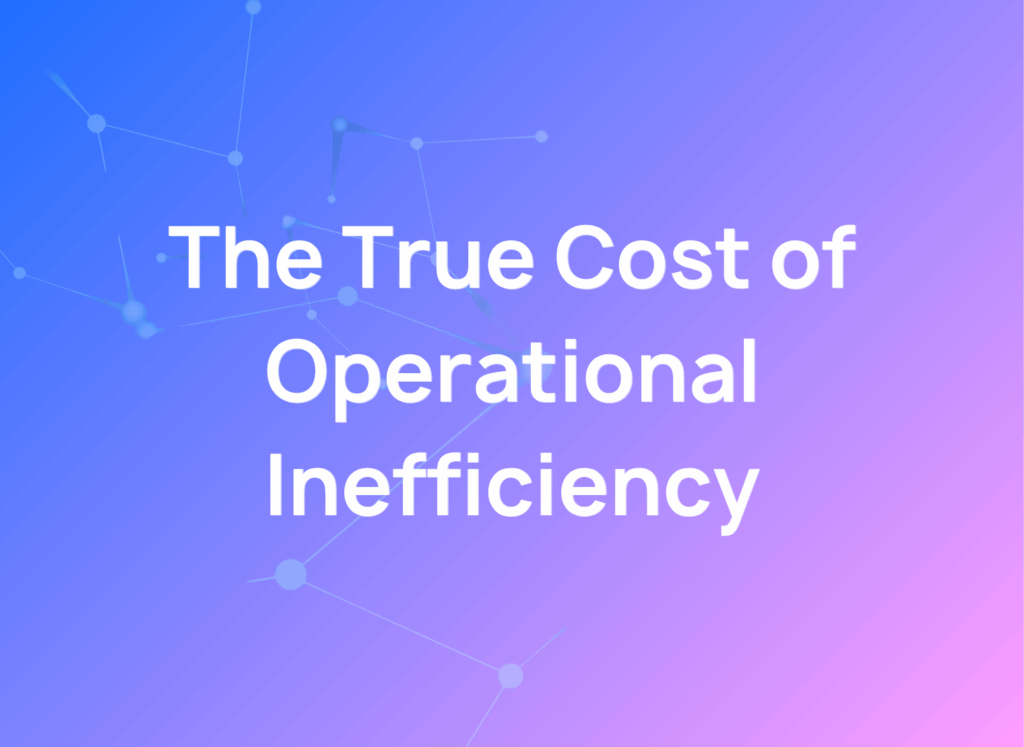Zero-Based Budgeting Implementation Guide for 2025
Zero-Based Budgeting Implementation Guide for 2025
Economic uncertainty demands bold action. While 47% of executives cite economic volatility as their primary concern, traditional budgeting approaches fall short when you need to cut operational costs by 20% or more. Zero-based budgeting isn't just another financial exercise—it's your strategic weapon for transforming cost structure and operational excellence.
Zero-based budgeting forces every expense to justify its existence from scratch. Unlike traditional budgeting that builds on last year's numbers, ZBB starts at zero and demands proof of value for every dollar spent. This approach has delivered transformative results: companies implementing ZBB typically achieve 10-25% cost reductions while improving operational efficiency.
Understanding Zero-Based Budgeting: Beyond Traditional Cost Cutting
Zero-based budgeting fundamentally reimagines how organizations allocate resources. Instead of accepting historical spending patterns, ZBB requires managers to build budgets from the ground up, justifying each expense based on current business needs and strategic priorities.
Core Principles of Zero-Based Budgeting
Start from Zero: Every budget line begins at zero, regardless of previous allocations. This eliminates the assumption that last year's spending remains relevant.
Justify Every Expense: Each cost must demonstrate clear business value and alignment with strategic objectives. No expense survives without explicit justification.
Challenge Sacred Cows: ZBB questions long-standing assumptions about "necessary" costs, often revealing significant savings opportunities in overlooked areas.
Focus on Value Creation: Resources flow to activities that generate the highest return on investment, not those with the longest history.
ZBB vs. Traditional Budgeting: A Strategic Comparison
Traditional budgeting typically adjusts previous year's spending by a percentage, preserving inefficiencies and outdated allocations. This incremental approach fails to address fundamental cost structure issues.
Zero-based budgeting, by contrast, forces organizations to rebuild their cost structure based on current realities. Companies using ZBB report average cost savings of 15-20% within the first year, with many achieving even greater efficiencies.
The strategic advantage becomes clear: while traditional budgeting perpetuates the status quo, ZBB creates opportunities for operational transformation and competitive advantage.
Implementing Zero-Based Budgeting: Your Step-by-Step Transformation
Successful ZBB implementation requires systematic approach and disciplined execution. Organizations that follow structured methodology achieve better results and sustain long-term benefits.
Phase 1: Foundation and Preparation
Define Decision Packages: Break down every business function into discrete decision packages. Each package represents a specific activity or service level, complete with costs, benefits, and performance metrics.
Establish Baseline Metrics: Document current performance levels, cost structures, and resource allocation. This baseline enables accurate measurement of ZBB impact.
Build Cross-Functional Teams: Assemble teams with deep functional knowledge and analytical capabilities. Success depends on understanding both operational details and strategic implications.
Phase 2: Analysis and Evaluation
Evaluate Each Function: Systematically assess every decision package against strategic priorities. Ask fundamental questions: Does this activity directly support business objectives? Can we achieve the same outcome more efficiently?
Rank by Priority: Create priority rankings based on business impact, revenue generation, and strategic alignment. This ranking drives resource allocation decisions.
Identify Alternatives: Explore different approaches to delivering the same outcomes. Consider automation, outsourcing, or process redesign as alternatives to current methods.
Phase 3: Resource Allocation and Optimization
Allocate Resources Strategically: Direct resources to highest-priority activities first. Lower-priority functions receive funding only after essential activities are fully supported.
Set Performance Standards: Establish clear metrics and accountability measures for each funded activity. This ensures ongoing value delivery and enables continuous improvement.
Create Monitoring Systems: Implement tracking mechanisms to monitor performance against budgeted expectations. Regular reviews enable rapid course correction when needed.
Leveraging AI and Automation for ZBB Excellence
Digital transformation accelerates ZBB implementation and amplifies results. AI-powered solutions automate data collection, analysis, and decision-making processes that traditionally consumed months of manual effort.
causaLens Digital Labor: Accelerate Your ZBB
causaLens Digital Workers transform ZBB from a labor-intensive exercise into an automated, continuous process. These AI-powered agents handle the foundational work that typically overwhelms finance teams during ZBB implementation.
Automated Data Collection: Digital Workers gather cost data from multiple systems, categorize expenses, and identify spending patterns across the organization. This automation eliminates weeks of manual data preparation.
Intelligent Analysis: AI agents analyze spending patterns, benchmark costs against industry standards, and identify optimization opportunities that human analysts might miss.
Continuous Monitoring: Rather than annual ZBB cycles, Digital Workers provide ongoing monitoring and optimization recommendations, enabling real-time budget adjustments.
AI-Powered Benefits for ZBB Success
Enhanced Data Analysis: AI processes vast amounts of financial data in minutes rather than weeks, identifying patterns and anomalies that inform better decision-making.
Improved Decision-Making: Machine learning algorithms analyze historical performance data and predict outcomes for different budget scenarios, enabling more informed resource allocation.
Reduced Manual Effort: Automation handles routine tasks like data collection, report generation, and variance analysis, freeing finance teams to focus on strategic analysis and decision-making.
Real-Time Insights: AI provides continuous monitoring and alerts, enabling rapid response to budget variances and emerging opportunities.
Overcoming Challenges and Avoiding Common Pitfalls
ZBB implementation faces predictable obstacles. Organizations that anticipate and address these challenges achieve superior results.
Common Implementation Challenges
Resistance to Change: Teams may resist questioning established practices. Address this through clear communication about ZBB benefits and involvement in the process design.
Data Quality Issues: Incomplete or inaccurate data undermines ZBB effectiveness. Invest in data cleansing and validation before beginning analysis.
Analysis Paralysis: Excessive detail can slow decision-making. Focus on material cost categories and high-impact opportunities rather than analyzing every minor expense.
Inadequate Follow-Through: ZBB requires ongoing monitoring and adjustment. Establish clear accountability and regular review processes.
Mitigation Strategies
Executive Sponsorship: Secure visible leadership support to overcome resistance and ensure necessary resources are available.
Phased Implementation: Start with pilot departments to build momentum and refine processes before organization-wide rollout.
Technology Integration: Leverage AI and automation to reduce manual effort and improve analysis quality.
Continuous Improvement: Treat ZBB as an ongoing capability rather than a one-time project.
Data Security and Compliance Considerations
ZBB implementation requires access to sensitive financial data. Ensure robust security measures and compliance with relevant regulations:
Access Controls: Implement role-based access to financial data and analysis tools.
Data Encryption: Protect sensitive information through encryption both in transit and at rest.
Audit Trails: Maintain comprehensive records of all analysis and decision-making processes.
Regulatory Compliance: Ensure ZBB processes meet applicable financial reporting and governance requirements.
Transform Your Cost Structure with Intelligent ZBB
Zero-based budgeting represents more than cost reduction—it's strategic transformation that aligns resources with value creation. When enhanced with AI and automation, ZBB becomes a continuous capability that drives operational excellence and competitive advantage.
The convergence of economic pressure and technological capability creates unprecedented opportunity. Organizations that embrace ZBB with AI support achieve superior cost optimization while building capabilities for sustained performance improvement.
causaLens Digital Labor eliminates the traditional barriers to ZBB success. Our AI-powered Digital Workers handle the foundational analysis and monitoring that typically requires months of manual effort, enabling your team to focus on strategic decision-making and value creation.
Ready to transform your cost structure? Explore how causaLens Digital Labor can accelerate your zero-based budgeting initiative and deliver guaranteed ROI of 500% or more. Your operational excellence journey starts with intelligent automation.
Transform Your Traditional Cost Structure
Your operational excellence journey starts with intelligent automation.
Frequently Asked Questions
Zero-based budgeting is a financial management approach where every expense must be justified from scratch, rather than basing budgets on previous periods. By aligning spending directly with strategic goals, ZBB eliminates unnecessary costs and fosters efficient allocation of resources.
AI-driven automation streamlines the ZBB process by analyzing data, identifying cost-saving opportunities, and automating repetitive tasks. This allows businesses to make data-driven decisions faster and with greater accuracy, ensuring optimal resource utilization.
When implemented effectively, integrating AI into a zero-based budgeting strategy can result in cost reductions of up to 20%. These savings are achieved through deeper insights, operational efficiency, and the elimination of redundant processes.
While all industries can benefit, sectors like manufacturing, retail, healthcare, and technology often experience the greatest advantage. These industries frequently deal with complex operations and large-scale expenses that AI can optimize at scale.
ZBB focuses on prioritizing high-value activities and eliminating expenditures that do not contribute to strategic goals. By leveraging AI, it enables continuous improvement and ensures that cost savings are reinvested into growth initiatives, driving sustained long-term returns.





